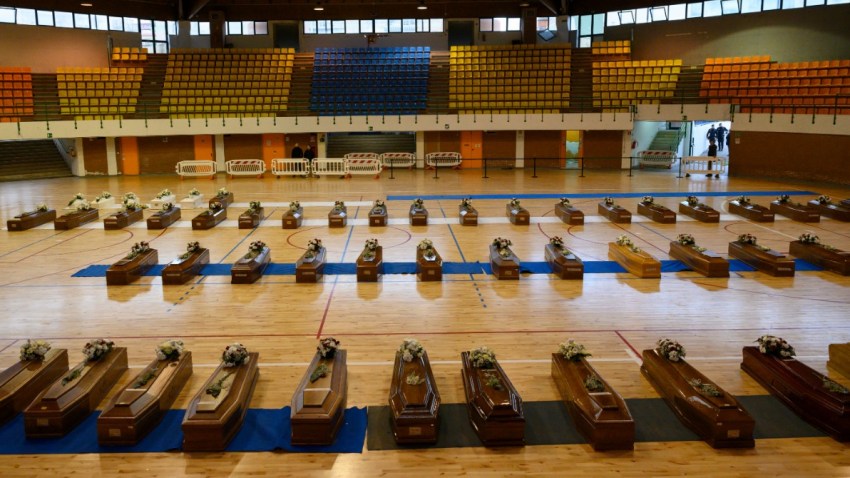Late last month, 59 refugees and migrants died when the boat they were traveling in smashed against the rocks of the Calabrian coast of Italy. Over the past two decades, such tragedies have become a matter of horrific routine throughout the Mediterranean Sea region, as large numbers of people from sub-Saharan Africa became increasingly willing to make the dangerous maritime crossing in flimsy boats in search of better life chances in Europe. Each time, publics in Europe and North Africa have reacted with shock, until the news cycle moved on.
This flow of people across the sea has been further fueled by the immense social turmoil experienced by societies on both sides of the Mediterranean in the past decade. The growth of smuggling in the Mediterranean economy has also been a cause and an effect of both migration and the social turmoil fueling it, creating a positive feedback loop among all three phenomena. All of these interlocking dynamics have made it clearer than ever how inextricably linked societies on both sides of the Mediterranean are when it comes to politics and economic development. Perhaps nowhere is this more apparent than in Italy, Libya and Tunisia.
In Italy, public frustration over the continued flow of migrants, combined with the economic legacies of the eurozone crisis, enabled the far-right Brothers of Italy to become the dominant party in the current governing coalition of Prime Minister Giorgia Meloni. As part of the EU’s collective border system, Rome has also shaped wider EU initiatives to patrol the union’s Mediterranean frontiers. Now, having promised to “stop the boats,” Meloni faces the same strategic dilemmas that every Italian prime minister before her has struggled with in trying to match tough rhetoric on border security with sustainable policy outcomes.

